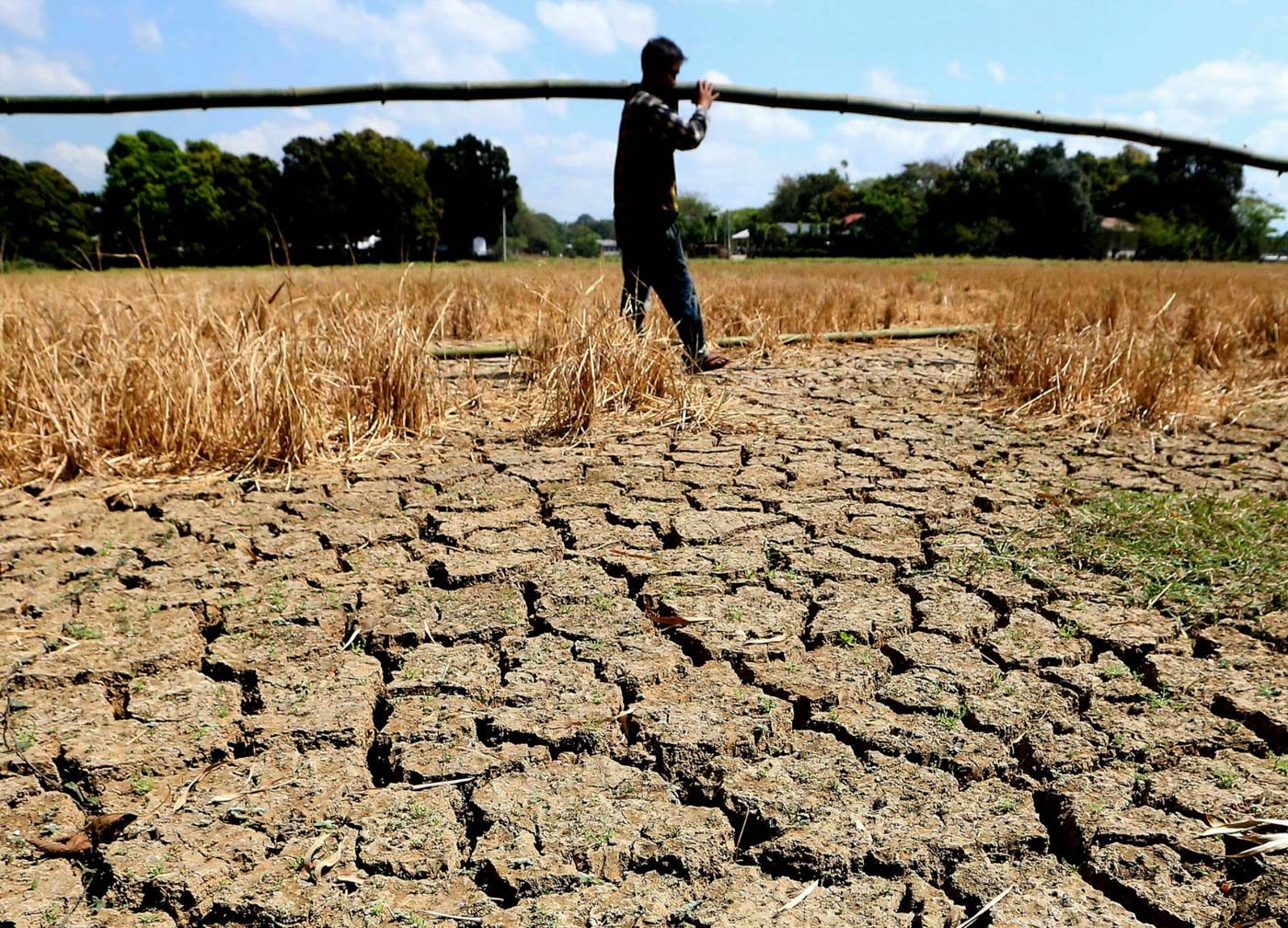SUMMARY
This is AI generated summarization, which may have errors. For context, always refer to the full article.

MANILA, Philippines – The National Economic and Development Authority (NEDA) urged government agencies to be more proactive to address the El Niño phenomenon, which caused prices of goods to inch up in May.
The Philippine Statistics Authority (PSA) said inflation rose to 3.2% in May, breaking the 6-month slowdown.
The figure was above the median market forecast of 3%, but was still within the estimates of the Bangko Sentral ng Pilipinas and the target of 2% to 4%.
Average inflation so far this year has reached 3.6%.
“Faster price adjustments in food and non-alcoholic beverages drove the uptick in headline inflation as weak El Niño conditions persisted, and brought significant damage to the agriculture sector in the midst of the election period’s strong consumption demand,” said Socioeconomic Planning Secretary Ernesto Pernia.
Food inflation accelerated by 3.2% in May from April’s 2.9%.
Cereals, fish, fruits, vegetables, and other food products all registered higher annual markups.
Pernia pointed out that El Niño is a recurring problem in the agriculture sector which requires immediate and long-term response.
“The country needs to have a more robust solution to mitigate the impacts of extreme weather conditions and climate change considering that the Philippines is prone to natural disasters,” he said.
Production losses in the agriculture sector due to El Niño rose to P7.96 billion in late April, according to the Department of Agriculture.
The overall volume loss reached 447,889 metric tons, covering 277,889 hectares.
Damage to rice crops reached P4.04 billion, covering 191,761 metric tons and 144,202 hectares of rice land.
Pernia is also watching other upside risks to inflation, including the threat of African swine fever (ASF), rising rice prices in the international market, and volatility of oil.
“With the possible global pork shortage and the ban on importation of pork products from ASF-affected areas, domestic production of livestock should be beefed up to meet household and commercial demand,” he said. – Rappler.com
Add a comment
How does this make you feel?
There are no comments yet. Add your comment to start the conversation.